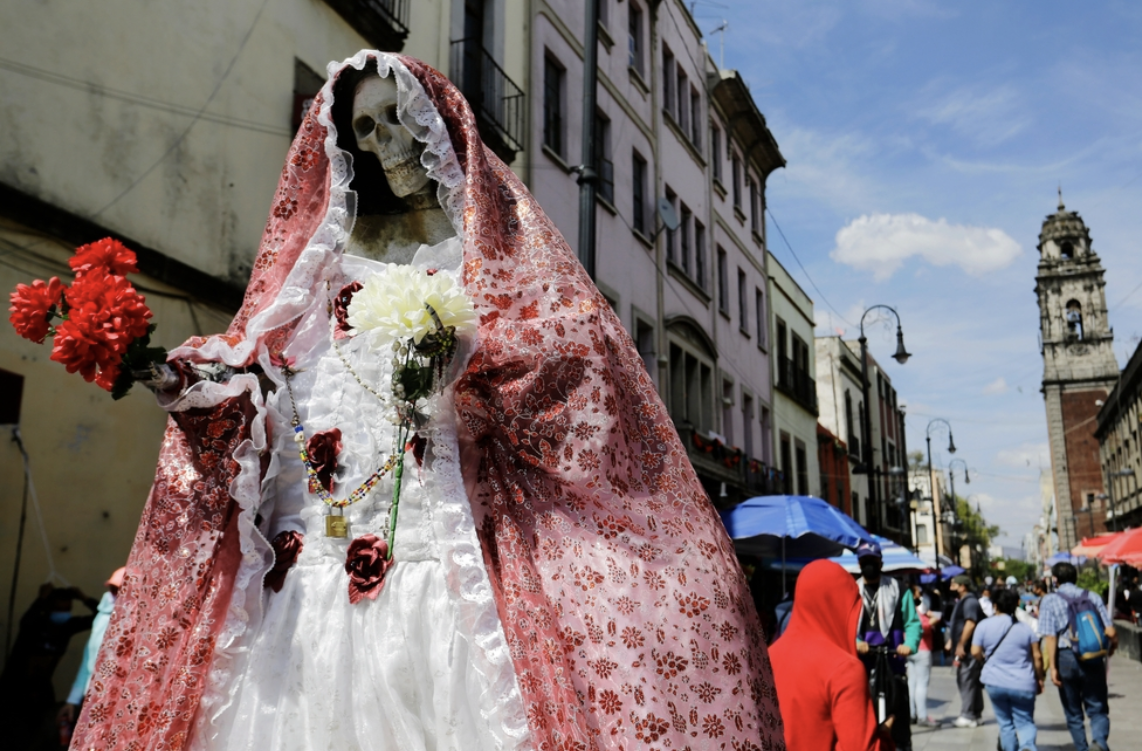The Evolution of Mother's Day From Ancient Times to Modern Celebrations
Throughout human history, celebrating motherhood has been an integral part of various cultures since ancient times. From worshiping the Mother God to modern-day celebrations of flowers and heartfelt cards, Mother's Day has grown from its humble beginnings into a worldwide phenomenon. This exploration delves into the diverse evolution of Mother's Day, examining its roots, important milestones, and the importance of honoring maternal figures in various societies. Mothers Day baskets have become popular, symbolizing love and appreciation for mothers everywhere.
Ancient veneration of the Mother God:
The first echoes of Mother's Day resonated in ancient civilizations where mothers were revered as embodiments of fertility, compassion, and protection. In ancient Greece, the festival of Cybele, the great mother of the gods, celebrated the nurturing aspects of motherhood with her elaborate processions and sacrifices. Similarly, the Romans celebrated Matronalia, a festival dedicated to Juno, the goddess of marriage and childbirth, which emphasized the role of mothers in family life and social harmony.
Christian influence and Mothering Sunday:
As Christianity spread across Europe, pagan festivals became intertwined with Christian traditions, which led to Mothering Sunday. This festival, which originated in medieval England, is held on the fourth Sunday of Lent and pays homage to the Mother Church and her mother figure. On this day, the children returned to their hometowns and gave their mothers flowers and small gifts. Mothering Sunday gave a spiritual dimension to the celebration of motherhood and emphasized the cultivation of love in families and communities.
The origin of today's Mother's Day is as follows.
The seeds of modern Mother's Day were planted in the 19th century amid social movements advocating for women's rights and the well-being of mothers. Today's celebration is credited to American activist Anna Jarvis, who advocated for an official day to honor mothers and their sacrificial love. Inspired by her mother's dedication to community service and compassion, Jarvis worked tirelessly to establish Mother's Day as a national holiday.
In 1908, the first Mother's Day was celebrated in Grafton, West Virginia, with a service honoring her mother, and Jarvis succeeded in her mission. Enthusiasm for the day quickly spread, and President Woodrow Wilson declared Mother's Day a national holiday in his 1914 year. But Jarvis soon became disillusioned with the commercialization of the holiday, as the focus shifted from heartfelt emotion to consumption.
Commercialization and globalization:
Despite Jarvis' efforts to preserve the sanctity of Mother's Day, the holiday has become increasingly commercialized over the decades, with florists, greeting card companies, and retailers capitalizing on the occasion. In the United States alone, Mother's Day generates billions of dollars in revenue each year, and critics lament the commercialization of a mother's love. Despite this, Mother's Day continues to transcend borders and resonate with people from all cultures and continents. From carnation donations in Japan to family gatherings in Mexico, countries around the world have adopted traditions and customs to honor maternal figures. Fundamentally, Mother's Day is a universal tribute to the selflessness, resilience, and unconditional love that mothers around the world embody.
Final thoughts
Looking back at the evolution of Mother's Day, it becomes clear that its meaning lies not in lavish gifts and grand gestures, but in the heartfelt gratitude expressed to figures like mothers. From its ancient roots to modern celebrations, Mother's Day is a poignant reminder of the profound influence of mothers in shaping individuals, families, and societies.
In the hustle and bustle of modern life, Mother's Day provides a rare opportunity to pause, reflect, and honor the women who have played an important role in our lives. Whether it's a simple gesture of affection or a heartfelt conversation, love without boundaries affirms the eternal bond between mothers and children that transcends time and distance.








